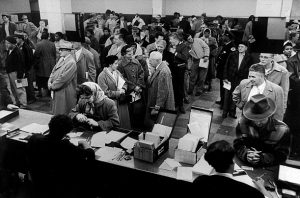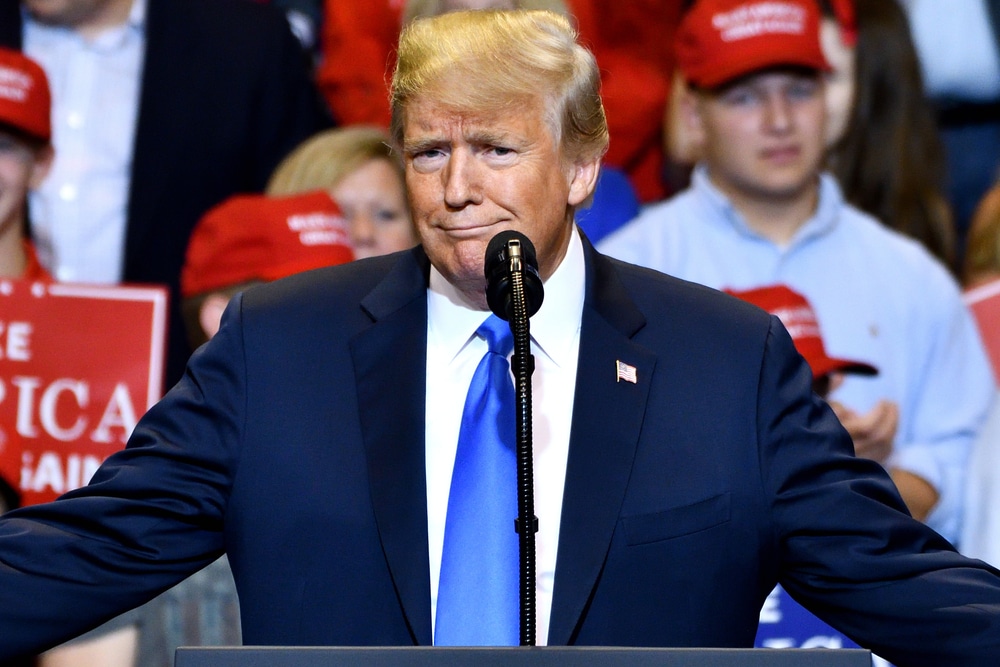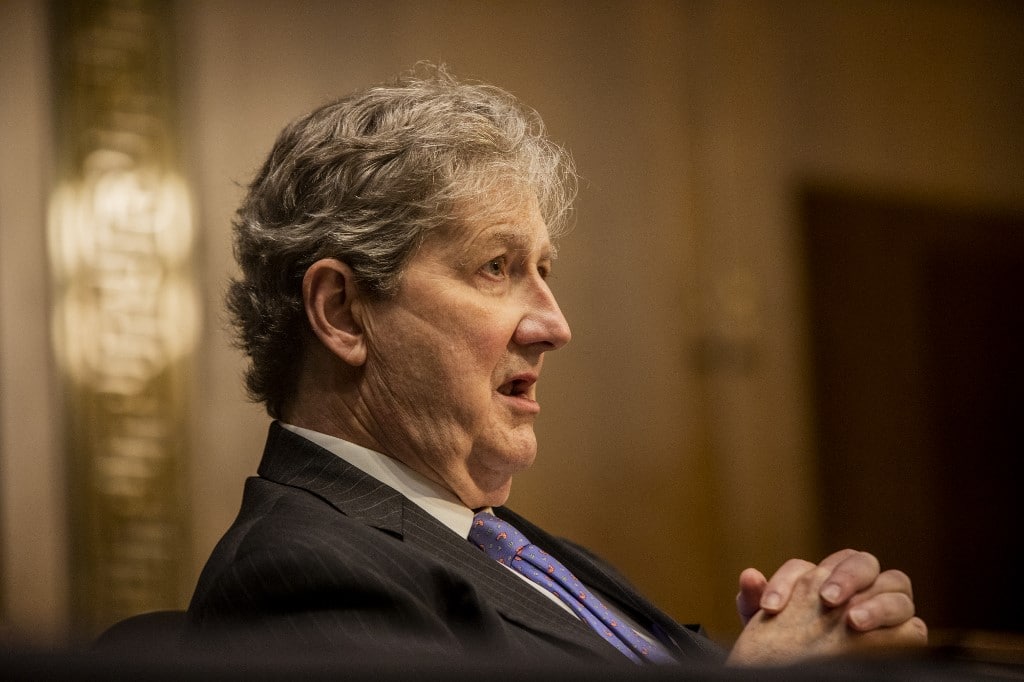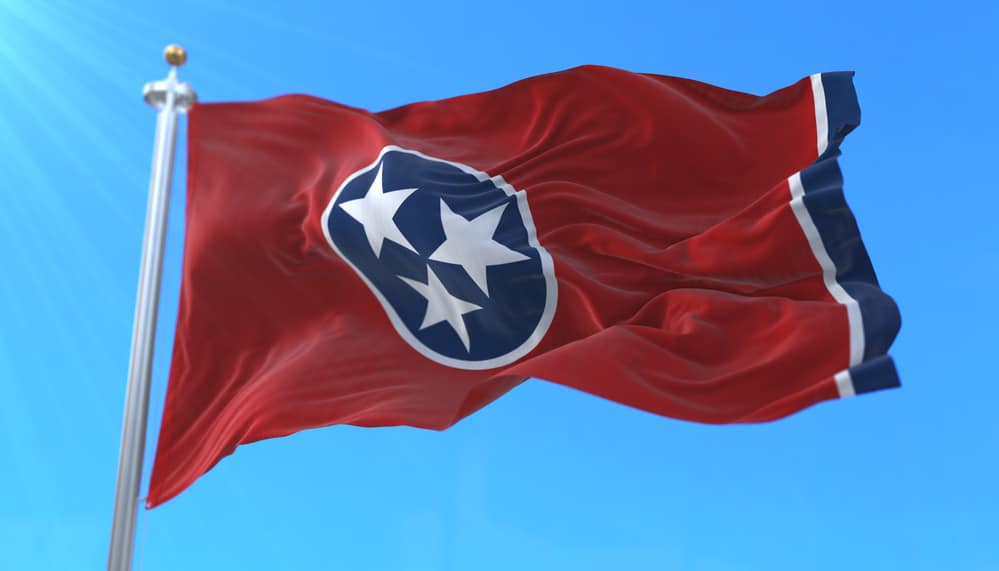 Many people have heard about the fiscal cliff and the devastating toll it will take on our economy if we in fact go over the edge. Because of tax adjustments, people will make about 4% less, business will lay thousands of people off, consumers will stop spending money, home short sales will cease to exist, etc.
Many people have heard about the fiscal cliff and the devastating toll it will take on our economy if we in fact go over the edge. Because of tax adjustments, people will make about 4% less, business will lay thousands of people off, consumers will stop spending money, home short sales will cease to exist, etc.
Watching CNBC, you would think the end of the world was coming. When a Republican speaks and blames the other party for not negotiating, the market proceeds to tank. When a Democrat accuses the Republican party of the same, the market sells off again. When both parties shut their mouths, we actually see positive gains in all of the indices. For the last several weeks, the market has been a victim of politics, regardless of which side is taken.
Intrade’s probability odds
After the 2012 presidential election, I’ve had a tendency not to listen to the news sites. Well, I listen, but with scepticism. Polls predicted that Obama would barely squeeze out a victory in the battleground states, edging past Romney by fractions of a point. As we now know, that’s not what happened. Shortly before the election, I wrote about Intrade and the fact that the “betting” odds were drastically pointing towards an Obama victory.
When it came to the fiscal cliff, naturally I tried to use the same methodology by glimpsing into the crystal ball of Intrade. Visiting the site, I wasn’t able to find any mention of the fiscal cliff on the home page. I then proceeded to check the politics section. Hmm, nothing there. It must be listed under business – after all, I’ve watched countless hours of coverage on CNBC. Well, nothing. As I clicked on the last possible category, I realized that there is no mention of the fiscal cliff – the most important factor facing our economy at present.
The lack of fiscal cliff action can be explained by two things:
The business channels and news sources could be blowing everything out of proportion for the sake of ratings. How can this be the case though? We know that every person will take home less if we go over the cliff. Because of tax increases and the expiration of certain tax breaks, the average American will bring in about 3.8% less in 2013. That seems like a pretty big deal to me, so maybe the emphasis on the cliff is warranted.
The other explanation is that most people simply aren’t aware of what’s going on around them. According to recent polls, 60% of those asked have no idea what the fiscal cliff is or what will happen if the government doesn’t agree on a deal by the end of the year. These people will be completely blind-sided when their after-tax pay is lower next year.
 Recession chances
Recession chances
The most relevant fiscal cliff bet that I could locate on Intrade is whether or not the US Economy will go into a recession in 2013. Many economists believe that our economy will produce negative GDP levels if we do in fact plummet off of the cliff and remain so for an extended period of time. Based on the current percentages, most betters do not think that we will go into a recession.
Recent quotes from both sides
Harry Reid (Senate Majority Leader) on 12/12: It will be “extremely difficult” to get a deal done to avert the “fiscal cliff” by Christmas.
John Boehner (House Speaker) on 12/12: “The longer the White House slow-walks this process, the closer our economy gets to the cliff.”
READERS: What do you think the odds are that we will go over the cliff? If we do, who would you place more blame on – Obama, Republicans or Democrats?











